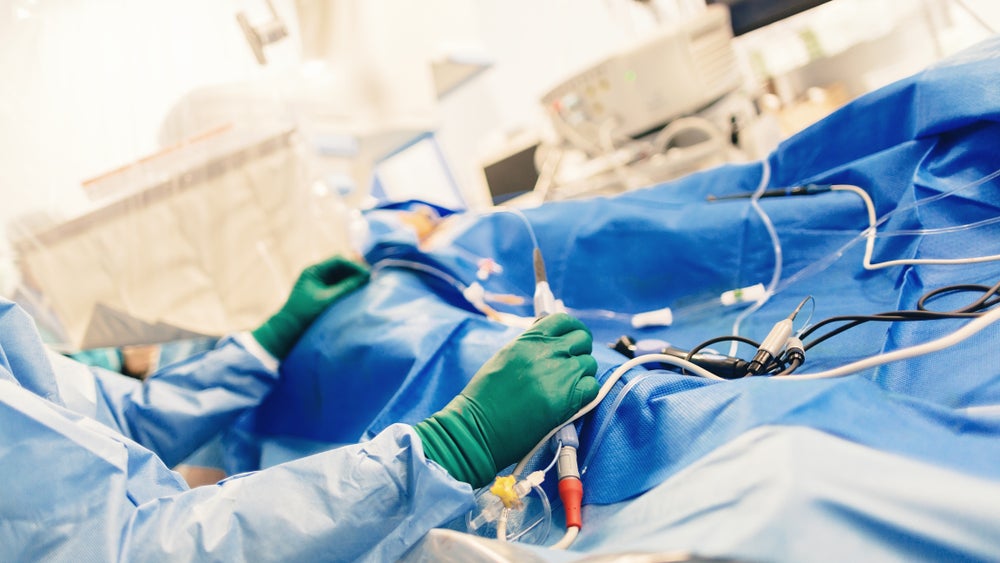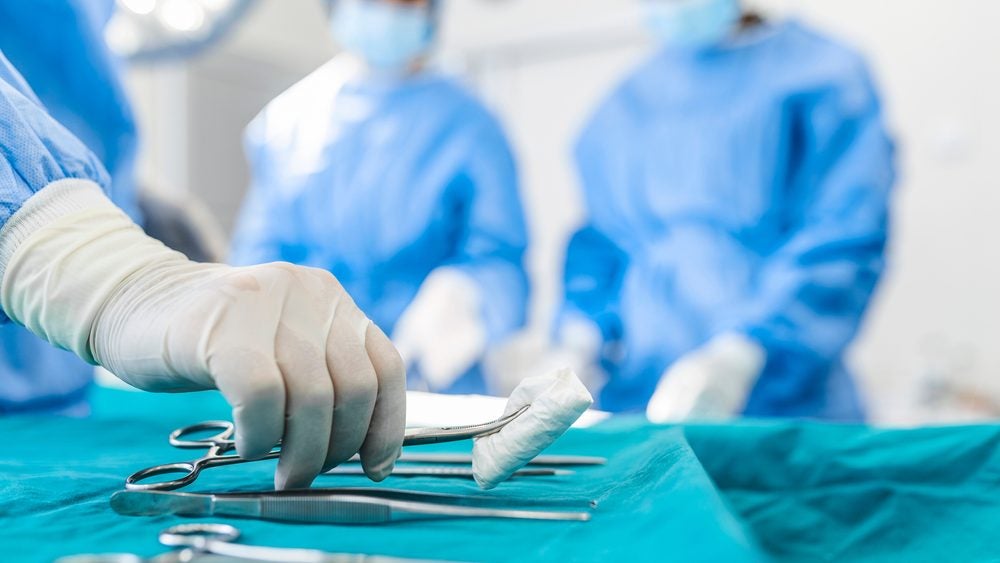GE HealthCare Technologies has patented a method for accelerating MRI examinations using deep learning. By combining fully sampled reference k-space data with partial k-space data, a grafted k-space is generated for faster imaging. A DL module is then trained to remove artifacts, improving efficiency. GlobalData’s report on GE HealthCare Technologies gives a 360-degree view of the company including its patenting strategy. Buy the report here.
According to GlobalData’s company profile on GE HealthCare Technologies, Nucleoside chemical synthesis was a key innovation area identified from patents. GE HealthCare Technologies's grant share as of January 2024 was 44%. Grant share is based on the ratio of number of grants to total number of patents.
Mri examination acceleration using deep learning for k-space data
A recently granted patent (Publication Number: US11885862B2) discloses a method for accelerating magnetic resonance imaging (MRI) examinations using deep learning (DL) techniques. The method involves acquiring fully sampled reference k-space data of a subject, along with partial k-space data, and combining them to generate grafted k-space data for accelerated examination. By grafting the partial k-space data with the fully sampled reference k-space data before DL module-based reconstruction, structural information is provided to correct any grafting artifacts, enhancing the efficiency of the MRI process.
Furthermore, the patent also describes a magnetic resonance imaging (MRI) system that implements this method. The system includes a radiofrequency (RF) body coil for signal transmission and reception, a transceiver module for signal digitization, and a control system for processing the signals to generate k-space data. The system utilizes a computer processor to graft the partial k-space data with the fully sampled reference k-space data, facilitating accelerated examination. Additionally, a DL module, trained using the fully sampled reference k-space data and grafted k-space data, is employed to remove any artifacts. The system's smart loss function, comprising multiple regularization terms, dynamically adjusts the weights assigned to these terms based on their relevance during training, ensuring optimal performance in MRI image reconstruction.
To know more about GlobalData’s detailed insights on GE HealthCare Technologies, buy the report here.
Data Insights
From

The gold standard of business intelligence.
Blending expert knowledge with cutting-edge technology, GlobalData’s unrivalled proprietary data will enable you to decode what’s happening in your market. You can make better informed decisions and gain a future-proof advantage over your competitors.







